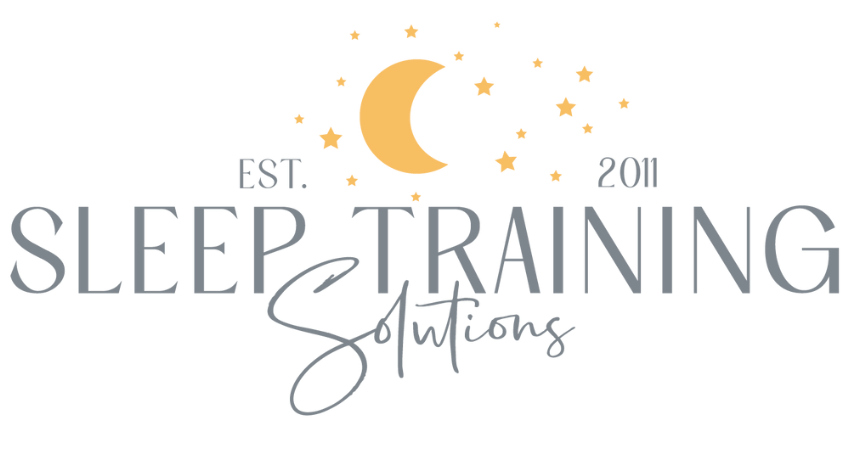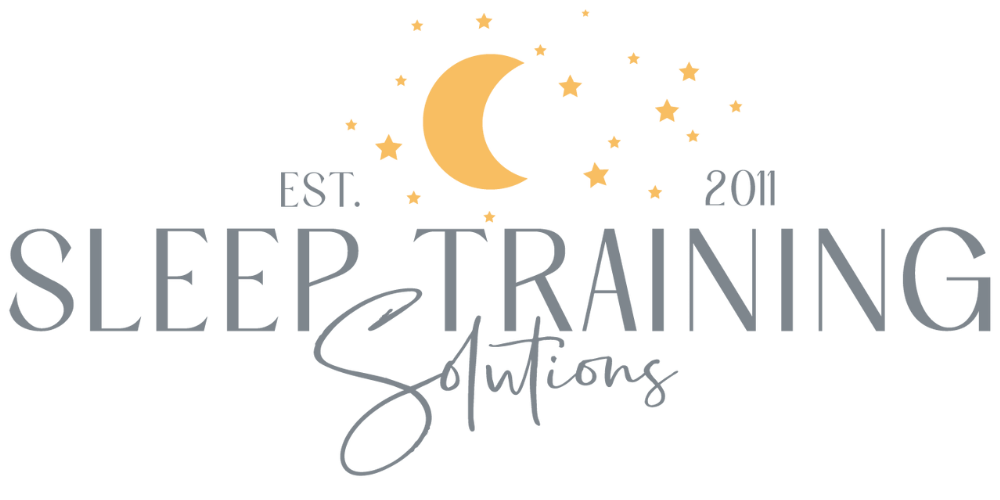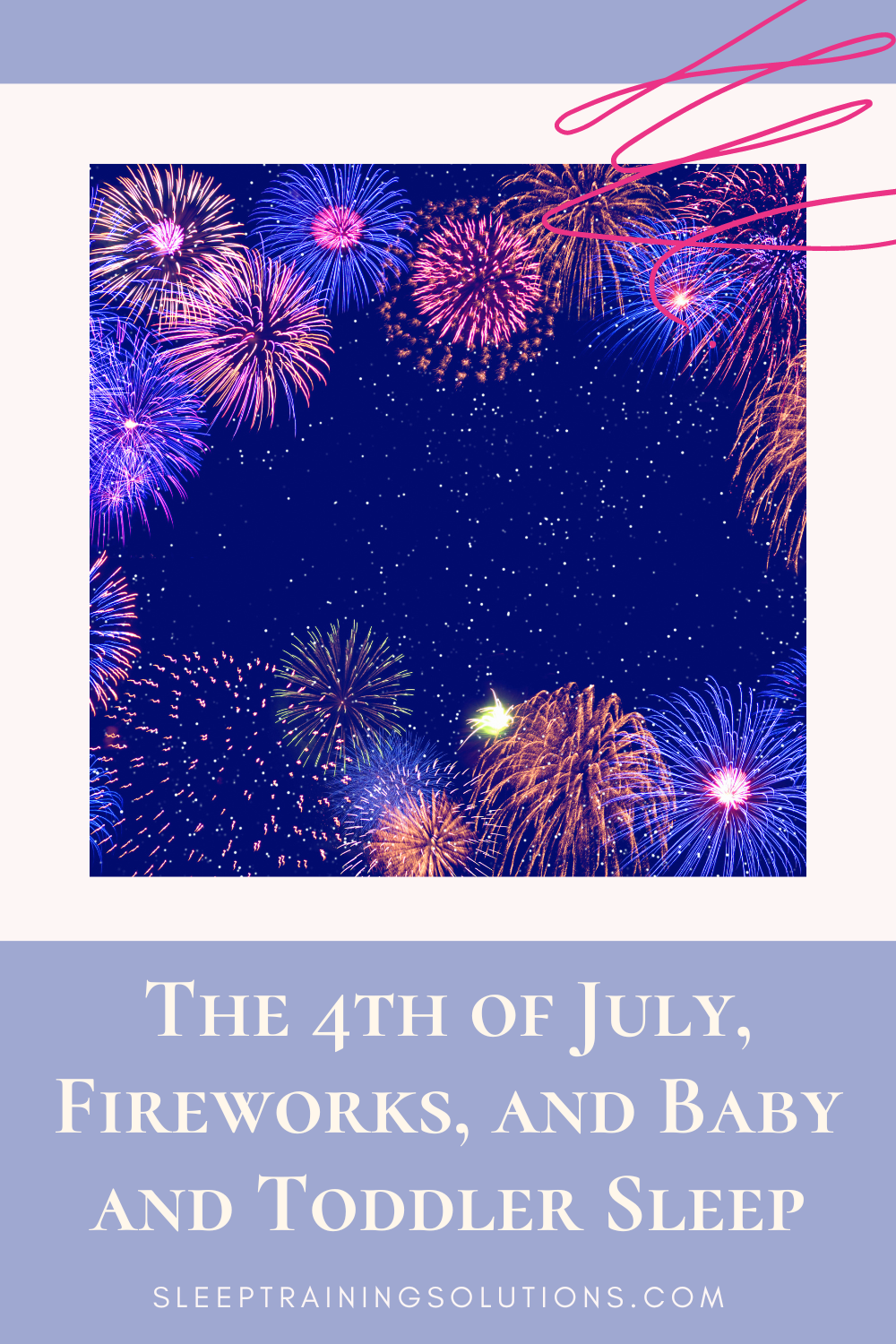The 4th of July, Fireworks, and Baby and Toddler Sleep
The 4th of July and the fireworks has the potential to wreak havoc with your child’s sleep! But the good news is that children are in the deepest sleep during the first half on the night, so for some, they won’t make a peep and sleep right through thr fireworks! This blog post will focus on tips to help you enjoy the holiday enjoying the festivities in person or helping your child sleep during the fireworks!
Should you bring your child to see the fireworks?
If your child easily startles with loud or sudden noises, it’s probably best to stick close to home this year and reassess next year. I’ve worked with a few children over the years who were a little traumatized as toddlers by the display and loud noises!
Tips for staying home during the fireworks
White noise saves the day (or night!)
Be sure that the white noise is ready to go, and you may consider a second white noise machine (or fan) too, depending on how close you live to where they’ll be setting off the fireworks.Place one near the window and another near the door (or right outside the door if it’s a small bedroom).
You may need to set it a little louder than usual, but then can turn it down when you go to bed (unless your neighborhood has parties setting them off into the wee hours…then you might consider leaving the white noise on a higher level overnight).
Cover those windows
Make sure the windows are COMPLETELY covered. You don’t want flashes of light around the perimeter of the shades!Schedule adjustments
If you’re staying home and putting your child to bed like a “regular” night, you may need to adjust bedtime +/- 15 minutes so that your child is in a deeper sleep when the fireworks start going off.For example, if your two year old goes to bed with lights out at 8:15pm and is typically asleep around 8:30pm and the fireworks start at 9:30pm, that’s ideal because your child will be in the second sleep cycle. You want your child to have slept through a sleep cycle (~40 minutes) BEFORE the fireworks start.
Don’t rush in immediately
If your child does wake up from a big BOOM, don’t rush in immediately. The loudest parts are usually at the beginning and in the finale, so if you have your white noise at a good level, he may be able to resettle on his own. If not, go in quietly and calmly for a quick, reassuring check in.
Be proactive during the day on the 4th if you’re going to see fireworks
Get in extra day sleep
If you’re planning on going to the fireworks and not getting home until very late, try to either add to naptime or add in an extra catpnap.For babies on 2-3 naps, consider a catnap (in the stroller or car) a half hour or so earlier than their normal bedtime. A 30-minute snooze will help get them through to the later bedtime.
For children on one nap, if you typically need to wake them up, consider letting them sleep an extra 30-60 minutes for naptime that day.
Don’t overexert during the day
This is not the day to go play at the beach for 8 hours and get your preschooler exhausted by 5pm! You want them a little more rested than normal going into the evening so plan on a more low-key day :)Explain what’s going to happen to toddlers and preschoolers
If this is the first time your child will be experiencing fireworks, you need to prep them!Pull up some fireworks displays on Youtube to show them. Explain that it’s going to be LOUD so they’ll get to wear special headphones. (Bonus parenting tip: using the words “get to” instead of “have to” will make so many situations easier!)
They’ll get to stay up waaaaay past their bedtime, but you’ll put pajamas on when you’re getting in the car so that if they fall asleep on the way home, you’ll just tuck them in bed. (If your child ate a bunch of sweets and the car ride home is more than 5-10 minutes and you know your kiddo will konk out, you may consider bringing his toothpaste and brush and doing a quick brush with water from a water bottle in the parking lot).
Tips for going to see the fireworks
Bring ear protection
Fireworks are one of the loudest sounds your child might hear, with decibel levels averaging 120dB (for comparison, white noise machines are safe at 50dB or lower). If you’re bringing a baby to toddler to see the fireworks, it’s imperative to use some safe, noise-cancelling headphones.Sit close to the exit
For two reasons - first you’ll be further away which will help with the noise slightly and second, you’ll be able to beat the rush and get to your car more quickly! Getting out of the parking lot when everyone is trying to get home as soon as possible easily extends the experience and pushes back bedtime even more!It’s ok if your child falls asleep on the way home!
Hopefully your child was changed into PJs (and a new diaper, if needed) before you got into the car. If your child falls asleep on the way home, you can carry her in to the house and tuck her in - hopefully she stays asleep, but if not, just a quick, “We’re home and I’m tucking you into bed. I love you, see you in the morning,” should suffice.If your child isn’t asleep when you get home, do a quick bedtime routine (bypass the bath, maybe use a wet washcloth to do a quick wipe down and brush teeth).
For babies, if your child ate the bedtime feed at the normal time and usually doesn’t wake up in the middle of the night anymore to eat, and falls asleep in the car (high probability!), then just bring her into the bedroom and lay her down in the crib when you get home.
If your baby is still having a night feed, then when you get home, offer the feed with the lights on (keeping her awake so she has the full feed!) and then a 30 second board book and into the crib!
Turn the automatic light off in the car
If a light automatically turns on in your car when the car turns off and/or the doors open, turn that off if you’re hoping your child will fall asleep on the way home!
Tips for going to a watch party
If you’re going to someone’s house to watch the fireworks and putting your baby to bed in their guest room to sleep until you’re ready to leave:
Bring the gear - a travel crib, sleep sack, favorite book and white noise machine
Do the bedtime routine at the normal time in the quiet space
Use a wet washcloth to give a quick wipedown instead of a bath
When you’re ready to go at the end of the night, you’ll transfer her into the carseat in the dark bedroom where’s she’s been sleeping and scoot out to the car (where you’ve hopefully turned off the automatic door light!).
When you get home, transfer her out of the carseat and into the crib without turning on any lights.
The after-effects of the 4th of July on sleep
Your child may wake up that night (because of overtiredness and/or lingering neighborhood firework displays) or early in the morning (from overtiredness). Just respond as you normally do if your child wakes in the middle of the night - don’t offer a feed if your child hasn’t had a night feed in months, etc.
Make sure that the windows are covered 100% so no light comes in and maybe your child will sleep in slightly. It would make sense for kids who go to bed later to sleep in later, but the opposite is actually true because “sleep begets sleep” - and the later they go to sleep, the earlier they’ll usually wake up!
If you get lucky and they do sleep in, let them sleep an extra 30 minutes maximum to help stay on their regular schedule. Then on the night of the 5th, you may need a slightly earlier bedtime (~15-30 minutes).
Know that your child is going to be a little more tired today. Again, this may not be the day to go on an all-day family outing to the zoo :)
Related Posts:
Sleep Training Solutions is a participant in the Amazon Services LLC Associates Program, an affiliate advertising program designed to provide a means for sites to earn advertising fees by advertising and linking to Amazon.com and affiliated websites.
This post is for informational purposes only and may not be the best fit for you, your child and/or your personal situation. It shall not be construed as medical advice. The information and education provided here is not intended or implied to supplement or replace professional medical treatment, advice, and/or diagnosis. Always check with your child’s physician or medical professional before trying or implementing any information read here.





